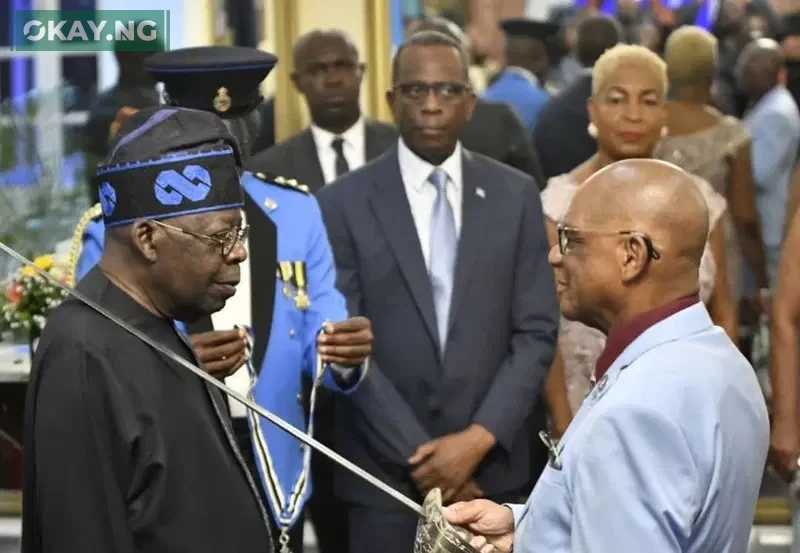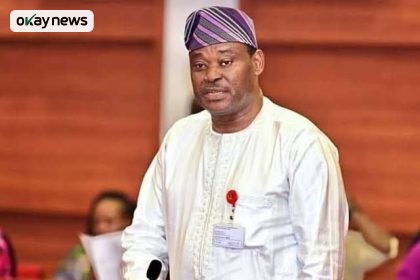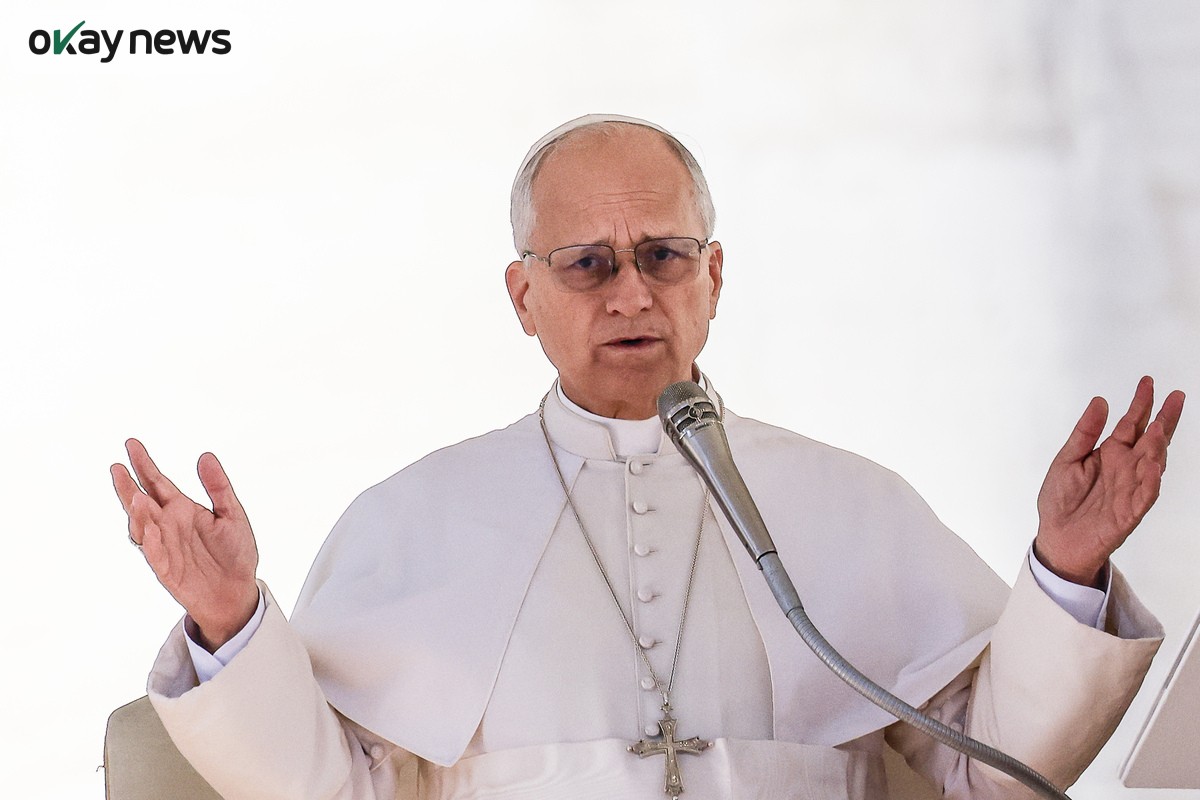In a bold defence of diplomatic ties between Africa and the Caribbean, Prime Minister Philip Pierre of Saint Lucia has spoken out against what he described as the “vilification and denigration” of Nigerian President Bola Ahmed Tinubu, following the latter’s recent official visit to the island nation.
Speaking during the country’s 2025 Emancipation Day address on August 1, Prime Minister Pierre strongly criticised factions he claimed were politically motivated, both locally and abroad, for orchestrating public attacks on Tinubu’s visit.
According to Pierre, the criticisms were not only unfair but reflected a deeper psychological issue rooted in the historical scars of slavery.
“That behaviour was nothing short of shameful and disgraceful. Had the visit been from the Head of State of another country, the reception from that group would have been at the least respectful,” he said.
The Saint Lucian leader insisted that the opposition’s response was a manifestation of inherited self-doubt and internalised prejudice. “It was another demonstration of the harmful effects of the legacy of slavery: self-hate and a readiness to accept African people and their descendants as inferior,” he explained.
During his visit in July, President Tinubu met with leaders of Saint Lucia and the Organization of Eastern Caribbean States (OECS) to establish a formal framework for cooperation between Nigeria and the region.
Although welcomed by many, the trip was met with backlash from segments in both countries who questioned the expenses, temporary airport closures, and the broader implications of the diplomatic mission.
Pierre, however, dismissed such criticisms and reiterated his nation’s readiness to implement the Memorandum of Understanding (MoU) signed during the trip.
In recognition of Tinubu’s contributions to fostering unity and heritage ties between Africa and the Caribbean, Saint Lucia conferred on him its highest national award — the Knight Commander of the Order of Saint Lucia (KCOSL).
okay.ng reports that this high-level honour reflects the island nation’s appreciation of efforts aimed at bridging the historical and cultural gap between both regions.







